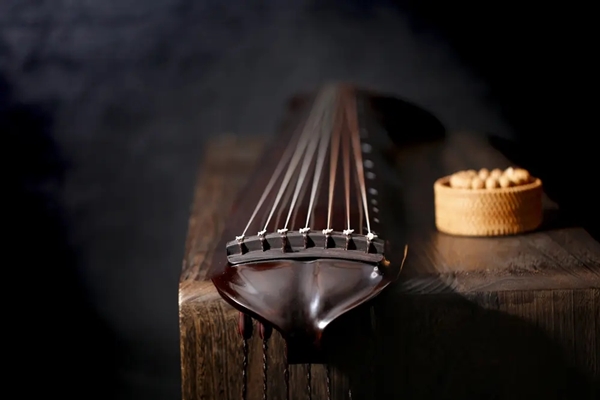What is the "qin" in the painting and calligraphy of chess and chess
Qin, chess, calligraphy and painting are the four great noble things in ancient China, also known as "the four good things of elegant people". It is also used to describe a person who is versatile and talented. Chess refers to Go, calligraphy refers to calligraphy, and painting refers to painting, but there are many people who do not know what qin refers to.

Do you know? The qin in the qin, chess, calligraphy and painting refers to the guqin. This is because the timbre of the guqin is pure and ancient. It is one of the oldest plucked instruments in China. It has a history of more than 3,000 years. It is even more stated in the "Record": The scholar did not withdraw the qin and se for no reason. This shows the importance of the guqin to the ancient literati and sages.
The reason why the guqin can be passed down to this day must have its unique and irreplaceable charm of other musical instruments. The ancient people learned the guqin, more reason is that they can cultivate their self-cultivation and cultivate their sentiments. Similarly, for us today, the work pressure is relatively high, and our hearts are floating all day. Impatient, choosing to learn Guqin at this time can make us calm and immerse in the elegant and leisurely artistic conception that Guqin brings to us.
When learning guqin, "pressing the strings" with the left hand and "strapping the strings" with the right hand can fully practice our fingers, which is helpful for people who sit in the office for a long time, bow their heads, and have poor cervical and lumbar spine.
Learning the guqin can cultivate self-confidence, never being able to play one tune or ten tunes... In the process of learning, I constantly cultivate my self-confidence, and every gesture exudes a light of self-confidence and a quiet and elegant temperament.
These are the benefits that learning Guqin can bring us. After reading these, you will know why Guqin can rank first in the qin, chess, calligraphy and painting!
 渝公网安备 50010702504639号
渝公网安备 50010702504639号